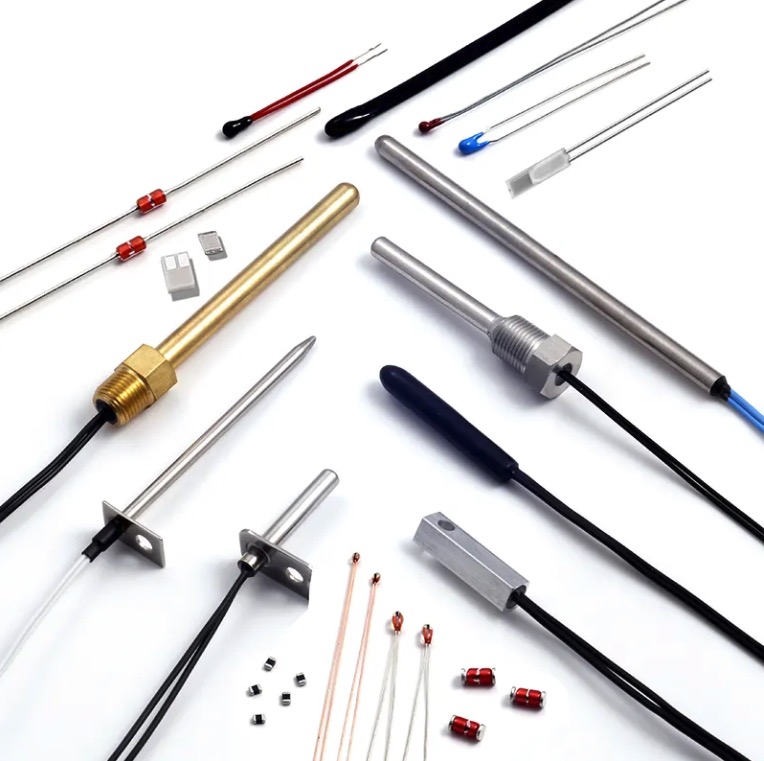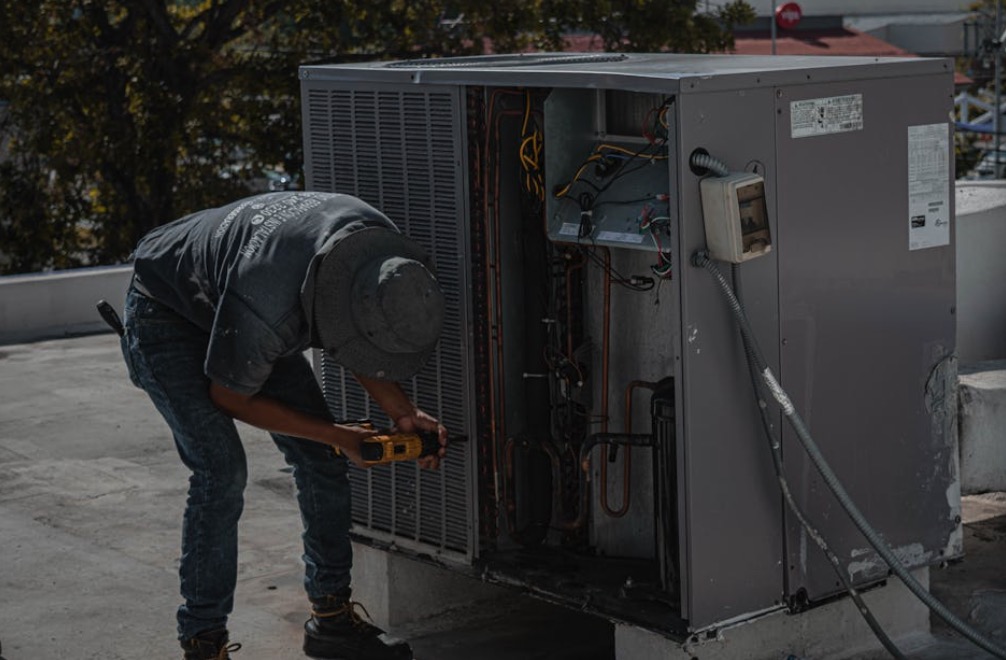Thermocouples are indispensable tools in temperature measurement, renowned for their versatility and durability across a vast range of applications—from everyday kitchen appliances to the intense environments of industrial kilns. This article delves into the various types of thermocouples, their specific applications, and how manufacturers like Starlight, a leading Chinese producer, are innovating to meet diverse industry needs.
Understanding Thermocouples
A thermocouple consists of two dissimilar metal wires joined at one end, known as the sensing junction. When this junction experiences a change in temperature, it generates a voltage that can be interpreted to determine the temperature. This simple yet effective mechanism allows thermocouples to function over a wide temperature range, making them suitable for various applications.
Types of Thermocouples and Their Applications
Different thermocouple types are designed to operate within specific temperature ranges and environments:
- Type K (Nickel-Chromium/Nickel-Alumel): Operating from -200°C to 1260°C, Type K is versatile and widely used in general-purpose applications, including home appliances and industrial processes.Type J (Iron/Constantan): Suitable for temperatures up to 750°C, Type J is commonly employed in vacuum applications and inert atmospheres.
- Type T (Copper/Constantan): With a range of -200°C to 350°C, Type T is ideal for low-temperature applications like cryogenics and food processing.
- Type E (Nickel-Chromium/Constantan):Operating up to 870°C, Type E offers high output and is used in various applications requiring precise measurements.
- Type N (Nicrosil/Nisil): Designed for stability and resistance to high temperatures, Type N is suitable for environments up to 1260°C.
- Types R, S, and B (Platinum/Rhodium Alloys):These types are used for high-temperature applications, with Type B capable of measuring up to 1700°C, making them ideal for kilns and furnaces.
Thermocouples in Home Appliances
In domestic settings, thermocouples play a crucial role in ensuring safety and efficiency:
- Gas Ovens and Stoves: Thermocouples detect whether the pilot light is lit, preventing gas leaks by shutting off the gas supply if the flame goes out.
- Water Heaters: They monitor water temperature, ensuring consistent heating and preventing overheating.
- Refrigerators and Freezers: Thermocouples help maintain optimal temperatures, preserving food quality and safety.
Industrial Applications: From Furnaces to Kilns
In industrial environments, thermocouples are essential for processes requiring precise temperature control:
- Metal Processing: Thermocouples monitor temperatures during smelting, forging, and heat treatment, ensuring material properties meet specifications.
- Ceramic and Glass Manufacturing: High-temperature thermocouples, like Types R and S, are used in kilns to control firing temperatures, affecting product quality.
- Chemical Plants: They provide accurate temperature readings in reactors and distillation columns, crucial for process efficiency and safety.
Selecting the Right Thermocouple
Choosing the appropriate thermocouple involves considering several factors:
- Temperature Range: Ensure the thermocouple type matches the application’s temperature requirements.
- Environmental Conditions: Consider exposure to corrosive substances, moisture, or mechanical stress, which may necessitate protective sheaths.
- Accuracy Requirements: Some processes demand high-precision measurements, influencing the choice of thermocouple type.
- Response Time: Fast response times are critical in applications where temperatures change rapidly.
Starlight: A Leading Thermocouple Manufacturer
Starlight, based in China, specializes in manufacturing a wide range of thermocouples tailored to various industries. Their products are known for:
- Customization: Offering bespoke solutions to meet specific client requirements.
- Quality Assurance: Adhering to international standards to ensure product reliability and performance.
- Innovation: Continuously developing new products to meet evolving industry demands.
By leveraging advanced manufacturing techniques and a commitment to excellence, Starlight provides thermocouples that deliver accurate and reliable temperature measurements across diverse applications.
Conclusion
Thermocouples are vital components in both domestic and industrial settings, offering reliable temperature measurements across a broad spectrum of applications. Understanding the different types and their specific uses enables better selection and application, ensuring safety, efficiency, and product quality. Manufacturers like Starlight play a crucial role in supplying high-quality thermocouples that meet the diverse needs of industries worldwide.





